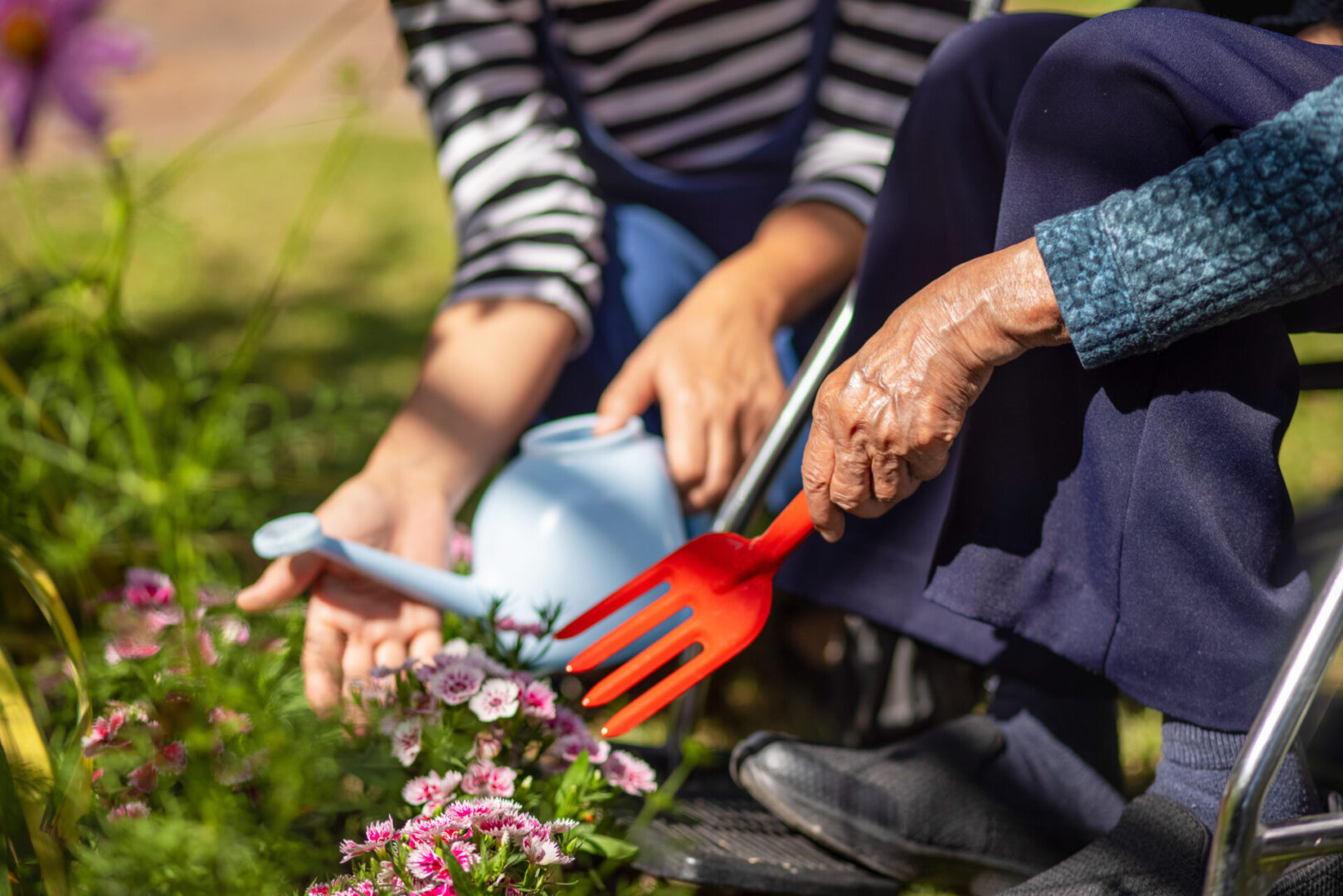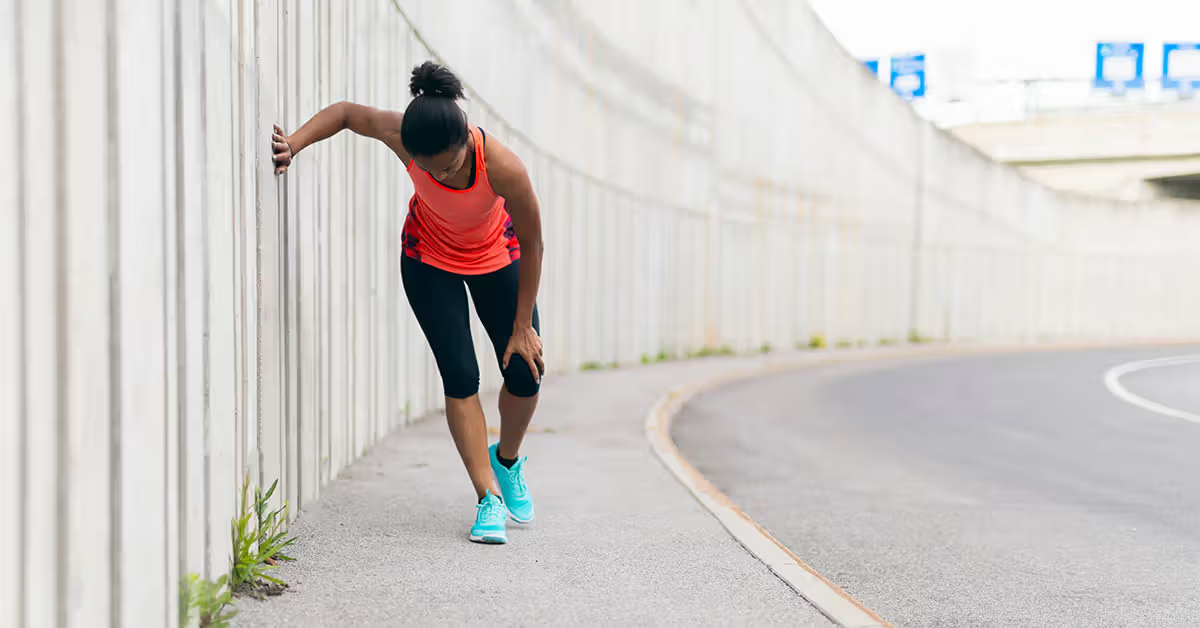Hybrid University Extension Program promotes access to canoeing and online physical exercise for women after breast cancer
What is it about?
The Remama Program was established in 2013, as an initiative led by a physiatrist from the Cancer Institute of the state of São Paulo, in collaboration with physical education professionals from the Sports Practice Center of the University of São Paulo. Its aim was to offer physical exercise through group canoeing in a Dragon Boat for women following breast cancer diagnosis, treatment, and rehabilitation. Approximately ten women began participating in the activities at the University’s Olympic rowing track, practicing a sport often classified as adventurous and intense.
In 2017, a professor from the School of Physical Education and Sports at the University of São Paulo joined the initiative, launching academic research and a university extension program focused on this specific population. This marked the beginning of a collaborative partnership between three public institutions, working together to foster a healthy environment and enhance the quality of life for breast cancer survivors. Activities were initially offered twice a week, for one hour per session, including warm-ups, Dragon Boat rowing, and cool-downs. By the year of 2019, the group had already expanded to include 41 women, who also became part of the broader “pink rowers” movement.
In 2020, the COVID-19 pandemic brought health restrictions that suspended in-person activities indefinitely. Like many others, these women experienced various biopsychosocial challenges, including increased body mass, heightened stress and anxiety, greater sedentary behavior, and reduced physical activity (see Gurgel et al. 2021). In response, the Remama Program team quickly adapted to support participants in a new format.
By the end of 2020, Remama-ON was launched, now known as the ONcoFITT Program. Drawing on the prior experience of some team members, the coordinating team developed a comprehensive virtual program. Activities continued twice a week for one hour per session, consisting of warm-ups; Part 1: strength exercises for the entire body; Part 2: functional capacities (aerobic fitness, flexibility, motor coordination, agility, cognitive tasks, balance and self-massage); followed by cool-down exercises including meditation, relaxation, and stretching. Participation grew again, reaching 22 women in 2022, a year marked by easing health restrictions.
The COVID-19 pandemic played a key role in strengthening the Remama-ONcoFITT Hybrid Extension Program, which by 2025 offers both in-person Dragon Boat rowing and remote multicomponent exercise sessions (see figure 1). Activities are conducted four days and four hours per week, per session, through the support of an interdisciplinary team composed of six undergraduate students and six professionals/researchers. The program currently serves approximately 70 female breast cancer survivors across both modalities.
In addition, we carry out:
- Administration of anamnesis and clinical assessment of the participants
- Monitoring of participant engagement, including attendance and adherence
- Use of the Rating of Perceived Exertion Scale (0-10, average 6-8) to adjust session intensity
- Virtual physical assessments, such as muscular endurance (legs and arms), flexibility, and aerobic capacity (15 assessments conducted)
- Monthly themed campaigns and social media outreach (54 actions to date)

In May 2025, Remama celebrated 12 years of existence.


In August 2025, ONcoFITT will reach 400 completed sessions.


Therefore, we wish the Remama-ONcoFITT Hybrid Program continued growth and longevity!
Why is it important?
One taboo that still needs to be broken is the belief that female breast cancer survivors should not engage in too much physical activity and exercise, especially those activities that put excessive strain on their arms. In fact, interventions for these women need to take into account physical and metabolic precautions, and not disregard the adverse and late effects of post-treatment, such as fatigue, lymphedema, chronic pain and cardiotoxicity.
The Remama-ONcofitt Program is a national pioneering initiative that promotes hybrid physical activity opportunities, with two complementary modalities, which improve physical, mental, and social health while helping to prevent relapses and other chronic diseases. Its main distinguishing feature is the joint work of renowned public institutions and a qualified multidisciplinary team.
Take home messages:
- Ensuring access to and encouragement for physical activity and exercise is extremely important for female breast cancer survivors.
- In-person and virtual physical activities and exercises, preferably supervised by qualified professionals, are feasible, beneficial and safe.
Authored By:
Jean Coelho Guimarães | School of Physical Education and Sports, University of São Paulo
Aline Gurgel |School of Physical Education and Sports, University of São Paulo & Institute of Biomedical Sciences, University of São Paulo
Karen Jircik | School of Physical Education and Sports, University of São Paulo
Lilian Birto | School of Physical Education and Sports, University of São Paulo
Luiz Costa |School of Physical Education and Sports, University of São Paulo
Christian Klausener |Sports Practice Center, University of São Paulo
Elisângela de Almeida | Cancer Institute of the state of São Paulo
Christina Brito | Cancer Institute of the state of São Paulo
Patricia Brum | School of Physical Education and Sports, University of São Paulo & Institute of Biomedical Sciences, University of São Paulo




